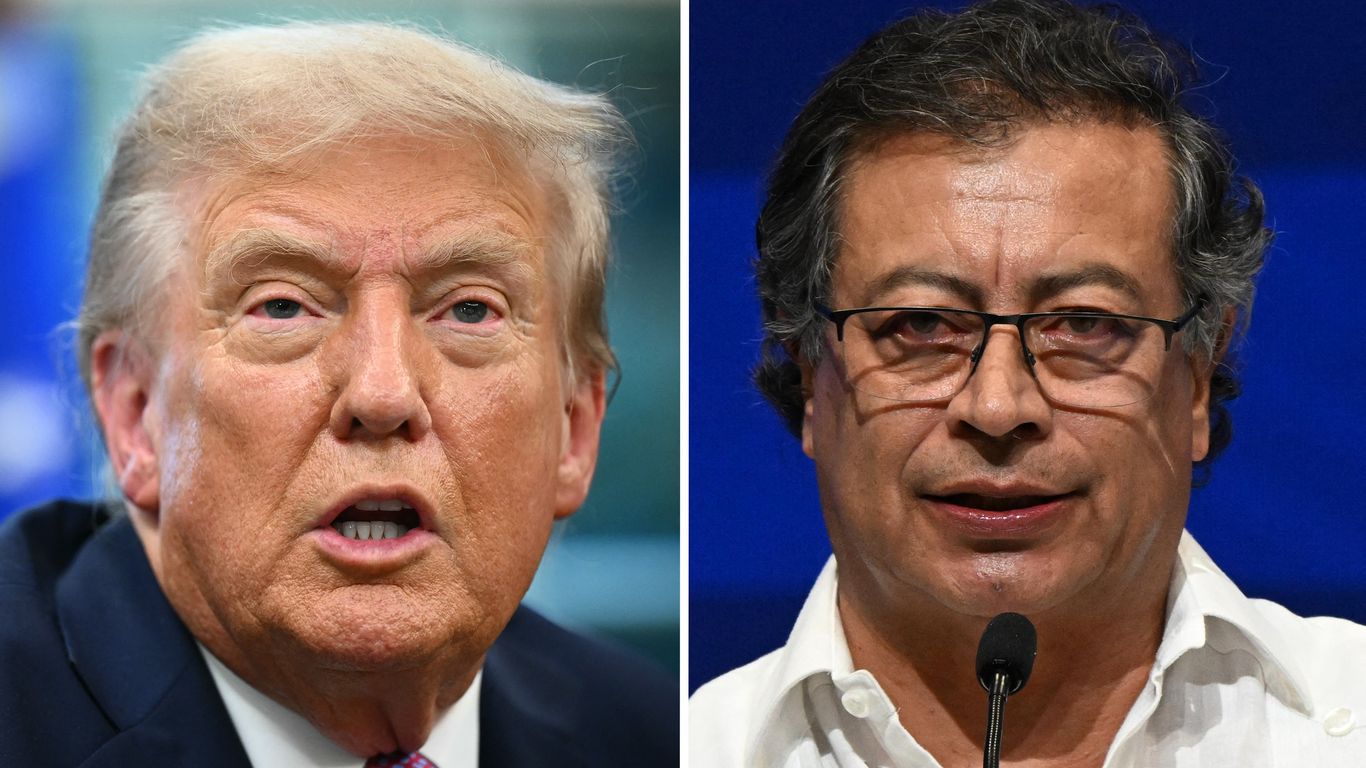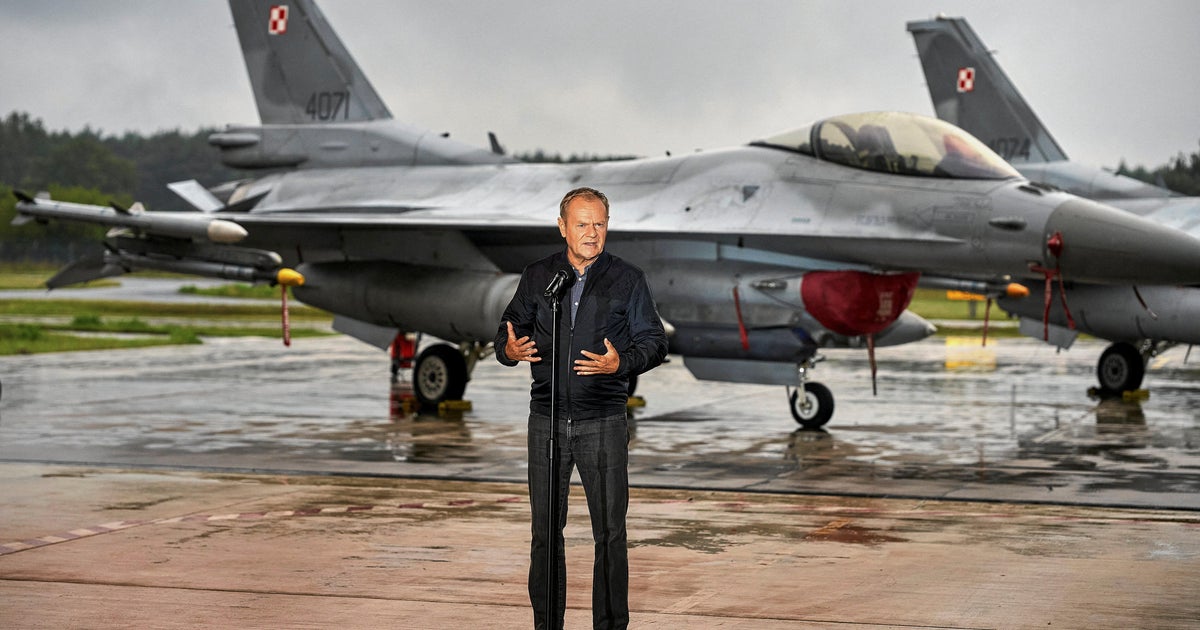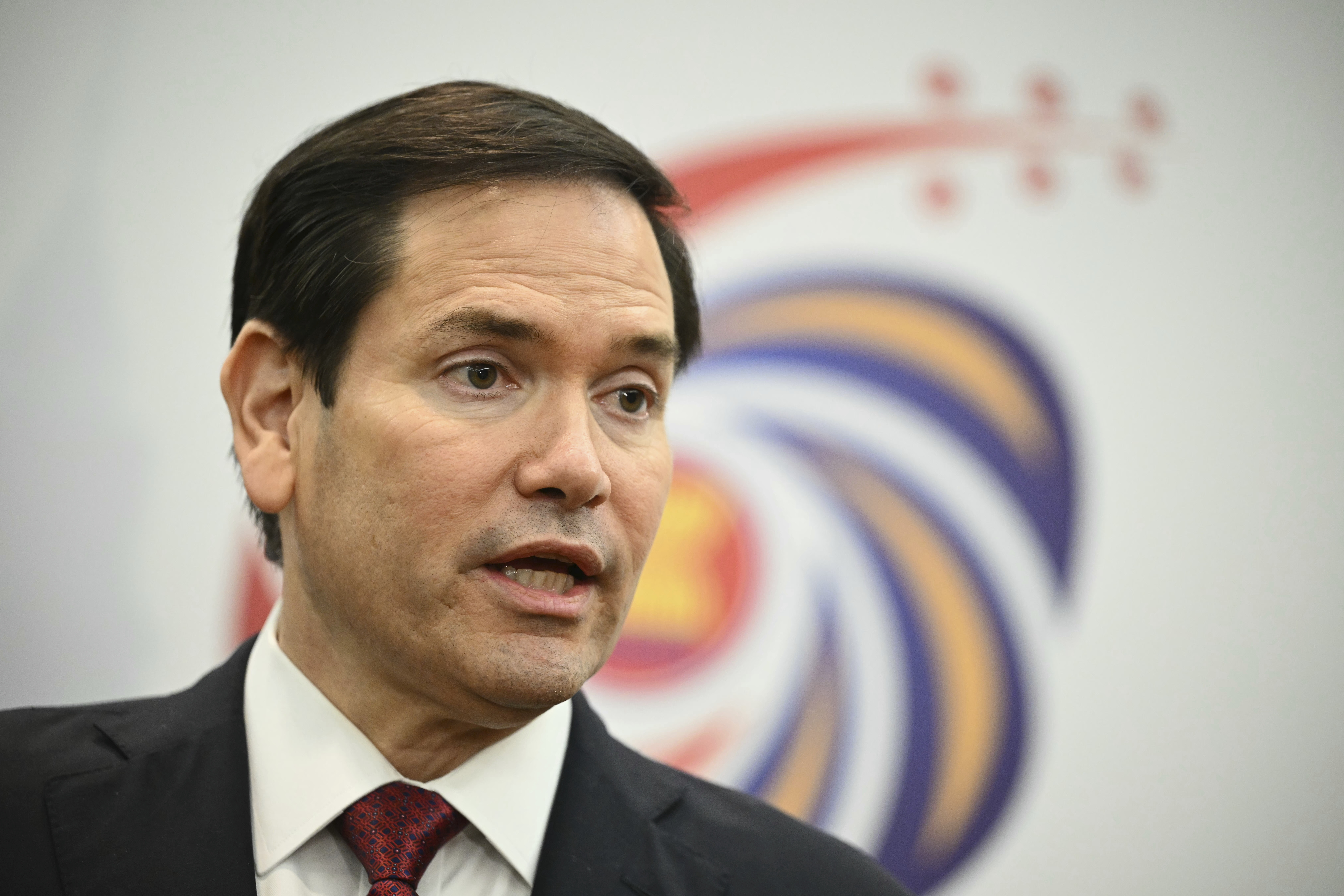Diplomatic Tensions Rise Over Visa Revocation: U.S.-Colombia Relations Strained

Diplomatic Tensions Rise Over Visa Revocation
Colombian President Gustavo Petro publicly accused former U.S. President Donald Trump of violating United Nations principles following the revocation of visas for Colombian officials. This diplomatic spat arose after Colombia refused to accept two U.S. military flights carrying deported Colombian nationals, prompting Trump to impose visa sanctions and threaten tariffs. Petro condemned these actions as unjust and called for moving to a “more democratic place” in a statement on X, highlighting concerns over respect and dignity for deportees.
Context of the Visa Dispute
The visa restrictions came amid escalating tensions over migration and deportation protocols. The U.S. halted visa issuance to Colombians until deportation flights resumed, causing thousands of visa appointments at the U.S. Embassy in Bogotá to be canceled. The dispute underscores conflicting approaches to immigration enforcement, with Colombia demanding humane treatment of deportees while the U.S. administration emphasized legal obligations and national security.
Implications for U.S.-Colombia Relations
This confrontation marks a significant strain in bilateral ties between longtime partners. Though Colombia eventually agreed to resume deportation flights, sanctions on officials and customs inspections remain in place. The episode highlights the fragile balance between immigration policy enforcement and diplomatic respect in international relations.
About the People Mentioned
Gustavo Petro
Gustavo Francisco Petro Urrego, born April 19, 1960, in Ciénaga de Oro, Colombia, is a Colombian politician and economist who has been serving as the president of Colombia since August 7, 2022. He is the country’s first left-wing president. Petro began his political involvement as a member of the Marxist guerrilla group 19th of April Movement (M-19) in his youth but later transitioned into formal politics following the group's demobilization and transformation into a political party. Petro’s political career includes terms as a member of the Colombian House of Representatives (1991–1994, 1998–2006) and as a senator (2006–2010, 2018–2022). He was mayor of Bogotá from 2012 to 2015, where he focused on social programs targeting poverty reduction, environmental protection, and public safety, including banning firearms in the city to reduce violence. His tenure as mayor was contentious; he was briefly removed from office in 2013 over management issues but was reinstated after public protests and legal challenges. Petro ran unsuccessfully for president in 2010 and 2018 before winning the 2022 election as the candidate of the leftist coalition Historic Pact for Colombia. His 2022 campaign emphasized climate change action, including ending fossil fuel exploration, social justice reforms, and peace-building initiatives aimed at addressing Colombia’s longstanding internal conflicts. His administration focuses on reducing inequality, reforming healthcare and pensions, promoting sustainable economic development, and pursuing comprehensive peace through dialogue with armed groups. Petro’s vice president, Francia Márquez, is the first Black woman to hold that office in Colombia. Since taking office, Petro has faced political challenges in Congress and from conservative sectors but remains a pivotal figure in Colombia’s political landscape, seeking to transform the country’s social and economic policies[1][2][4][5][6][8][9].
Donald Trump
Donald John Trump, born June 14, 1946, in Queens, New York, is an American businessman, media personality, and politician. He graduated from the University of Pennsylvania’s Wharton School in 1968 with a degree in economics. In 1971, he took over his family’s real estate business, renaming it the Trump Organization, through which he expanded into building and managing skyscrapers, hotels, casinos, and golf courses. Trump gained widespread fame as the host of the reality TV show *The Apprentice* from 2004 to 2015, which helped establish his public persona as a successful entrepreneur. Trump entered politics as a Republican and was elected the 45th president of the United States, serving from 2017 to 2021. His presidency was marked by significant policy actions including tax cuts, deregulation, the appointment of three Supreme Court justices, renegotiation of trade agreements (notably replacing NAFTA with the USMCA), and a focus on immigration control including border wall expansion. He withdrew the U.S. from international agreements such as the Paris Climate Accord and the Iran nuclear deal, and engaged in a trade war with China. His administration’s response to the COVID-19 pandemic was criticized for downplaying the virus’s severity. Trump was impeached twice by the House of Representatives—first in 2019 for abuse of power and obstruction, and again in 2021 for incitement of insurrection—but was acquitted by the Senate both times. After losing the 2020 election to Joe Biden, Trump challenged the results, culminating in the January 6, 2021, Capitol riot. He remains a central figure in American politics, having won the 2024 presidential election and returned as the 47th president in 2025, continuing to promote policies aimed at economic growth, border security, and military strength[1][2][3][4].
About the Organizations Mentioned
United Nations
The United Nations (UN) is a pivotal international organization established in 1945, following the devastation of World War II, with the primary goal of maintaining global peace and security, fostering international cooperation, and promoting social progress. The UN Charter, signed by 51 founding member states, including the United States, the United Kingdom, China, and the Soviet Union, laid the foundation for this ambitious endeavor[1][3]. ## History and Structure The UN was born out of the failures of its predecessor, the League of Nations, which failed to prevent World War II. Key planning meetings, such as the Dumbarton Oaks Conference in 1944, defined the UN's structure, which includes the General Assembly, the Security Council, the Economic and Social Council, the Trusteeship Council, the International Court of Justice, and the Secretariat[1][6]. The Security Council, with five permanent members (the United States, China, France, Russia, and the United Kingdom), holds significant influence due to its veto power[2]. ## Key Achievements Over the years, the UN has played a crucial role in conflict resolution, human rights advocacy, and sustainable development. Notable achievements include the establishment of the Universal Declaration of Human Rights in 1948 and the implementation of numerous peacekeeping missions worldwide[3][4]. The UN has also been instrumental in addressing global challenges such as climate change and pandemics through its various programs and agencies. ## Current Status Today, the UN comprises 193 member states, with its most recent addition being South Sudan in 2011[5]. The organization continues to evolve, addressing emerging issues like digital governance and cybersecurity. Despite challenges, the UN remains a cornerstone of international diplomacy and cooperation. ## Notable Aspects The UN's work is not limited to politics; it also impacts business and technology through initiatives that promote sustainable development and digital inclusion. Its role in setting global standards and fostering international cooperation makes it a significant player in shaping the
U.S. Embassy in Bogotá
The **U.S. Embassy in Bogotá** serves as the principal diplomatic mission of the United States in Colombia, tasked with advancing U.S. interests and protecting American citizens in the country. Its core functions include fostering bilateral relations, promoting security cooperation, supporting economic development, and facilitating trade and technological collaboration between the two nations. The embassy also plays a vital role in addressing shared challenges such as counternarcotics efforts, human rights, and governance reforms[3][4]. Established shortly after Colombia's independence from Spain, the U.S. and Colombia formally began diplomatic relations in 1822, marking one of the longest-standing partnerships in the Americas[4]. Historically, the embassy was once the largest U.S. embassy worldwide until 2004, underscoring Colombia's strategic importance to the U.S., especially during periods of intense conflict involving guerrilla groups, narcotrafficking, and social unrest[1]. Throughout the 20th century, the embassy witnessed critical moments such as the aftermath of the 1928 United Fruit strike and Colombia’s internal conflicts, reflecting the complex socio-political dynamics influencing bilateral ties[1]. Key achievements of the embassy include supporting Colombia’s National Consolidation Plan aimed at restoring state control and legitimacy in regions affected by illegal armed groups, and backing the 2016 peace accord with the Revolutionary Armed Forces of Colombia (FARC). The embassy facilitates cooperation on trade agreements, environmental protection, renewable energy, science and technology, and civil aviation, enhancing Colombia’s integration into global economic and governance institutions such as the OECD, WTO, and the UN[4]. Currently, the embassy is led by Chargé d’Affaires John McNamara and Acting Deputy Chief of Mission Ann M. Hardman, who oversee a broad interagency mission to deepen U.S.-Colombia collaboration across 53 government agencies. The embassy remains a critical hub in fostering innovation, business ties, and technology exchange, reflecting Colombia’s growing role as a middle-incom


















